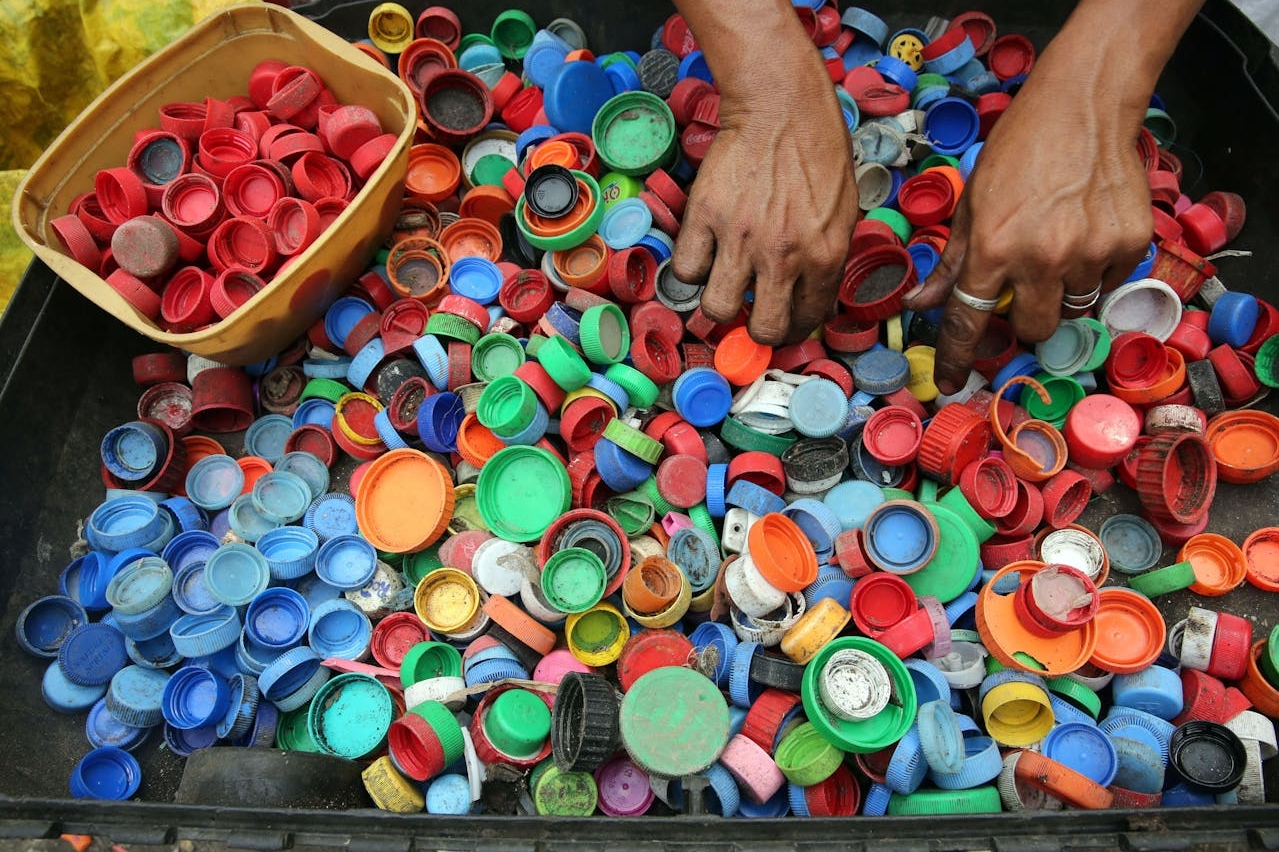As sustainability becomes increasingly important in global manufacturing, Indian precision manufacturers are implementing eco-friendly practices to align with the sustainability goals of their US clients. From reducing carbon footprint to minimizing waste generation, Indian manufacturers are adopting sustainable strategies that resonate with the expectations of the US market. Veritas Sourcing, dedicated to fostering sustainable trade practices, examines the sustainable practices embraced by Indian precision manufacturers and how they meet the expectations of the US market.
- Energy Efficiency: Indian precision manufacturers prioritize energy efficiency initiatives to reduce their environmental impact and lower operational costs. By investing in energy-efficient equipment, implementing smart manufacturing technologies, and optimizing production processes, manufacturers minimize energy consumption and greenhouse gas emissions. These efforts not only contribute to environmental sustainability but also align with the energy efficiency standards and expectations of US clients.
- Waste Reduction and Recycling: Indian manufacturers implement waste reduction and recycling programs to minimize the generation of waste materials and promote circular economy principles. Through segregation, recycling, and reuse of materials such as metal scrap, packaging materials, and cutting fluids, manufacturers minimize landfill waste and conserve natural resources. These sustainable practices resonate with US clients who prioritize waste reduction and environmental stewardship in their supply chain operations.
- Water Conservation: Water conservation is a key focus area for Indian precision manufacturers seeking to minimize their environmental footprint. Manufacturers implement water-efficient processes, reuse/recycle water where feasible, and invest in wastewater treatment technologies to minimize water consumption and discharge. By conserving water resources and minimizing pollution, manufacturers demonstrate their commitment to sustainable manufacturing practices, meeting the expectations of US clients who value water stewardship and environmental responsibility.
- Renewable Energy Adoption: Indian manufacturers are increasingly embracing renewable energy sources such as solar, wind, and biomass to power their operations. By investing in onsite renewable energy generation systems or purchasing renewable energy credits, manufacturers reduce their reliance on fossil fuels and lower their carbon emissions. Renewable energy adoption aligns with the sustainability goals of US clients who seek to partner with environmentally responsible suppliers and reduce their carbon footprint.
- Supply Chain Transparency: Indian manufacturers prioritize supply chain transparency and sustainability by sourcing materials from ethical and environmentally responsible suppliers. Manufacturers conduct due diligence on their supply chain partners, assess their environmental and social practices, and ensure compliance with relevant regulations and standards. By promoting transparency and accountability throughout the supply chain, manufacturers meet the expectations of US clients who prioritize responsible sourcing and sustainable procurement practices.
- Lifecycle Assessment and Product Design: Indian manufacturers conduct lifecycle assessments and integrate sustainability principles into product design and development processes. By evaluating the environmental impacts of products throughout their lifecycle, manufacturers identify opportunities to reduce resource consumption, minimize waste generation, and improve product recyclability. Sustainable product design resonates with US clients who value environmentally friendly products and seek to minimize their environmental footprint.
- Certifications and Compliance: Indian manufacturers obtain certifications and adhere to international standards to demonstrate their commitment to sustainability and quality. Certifications such as ISO 14001 (Environmental Management System) and ISO 50001 (Energy Management System) validate manufacturers’ adherence to environmental best practices and continuous improvement. Compliance with sustainability standards and regulations meets the expectations of US clients who prioritize working with certified and environmentally responsible suppliers.
By embracing sustainable practices such as energy efficiency, waste reduction, water conservation, renewable energy adoption, supply chain transparency, lifecycle assessment, and certification compliance, Indian precision manufacturers meet the sustainability expectations of their US clients. Veritas Sourcing serves as a strategic partner, facilitating collaboration between Indian manufacturers and US clients, and supporting the adoption of sustainable practices that drive mutual environmental and business benefits. With our commitment to sustainable trade practices and client success, we empower manufacturers and clients to achieve their sustainability goals and thrive in a competitive global marketplace.




